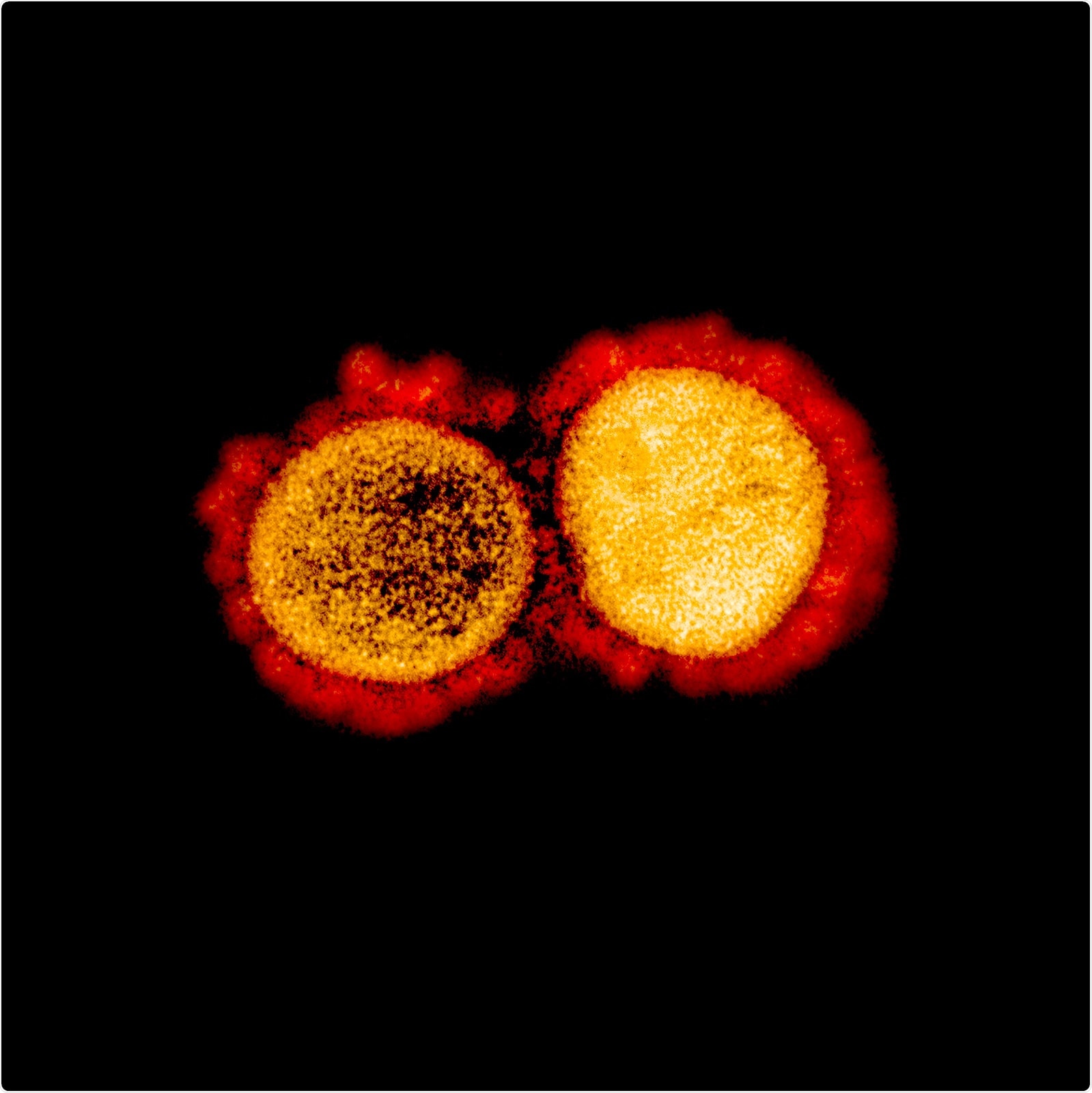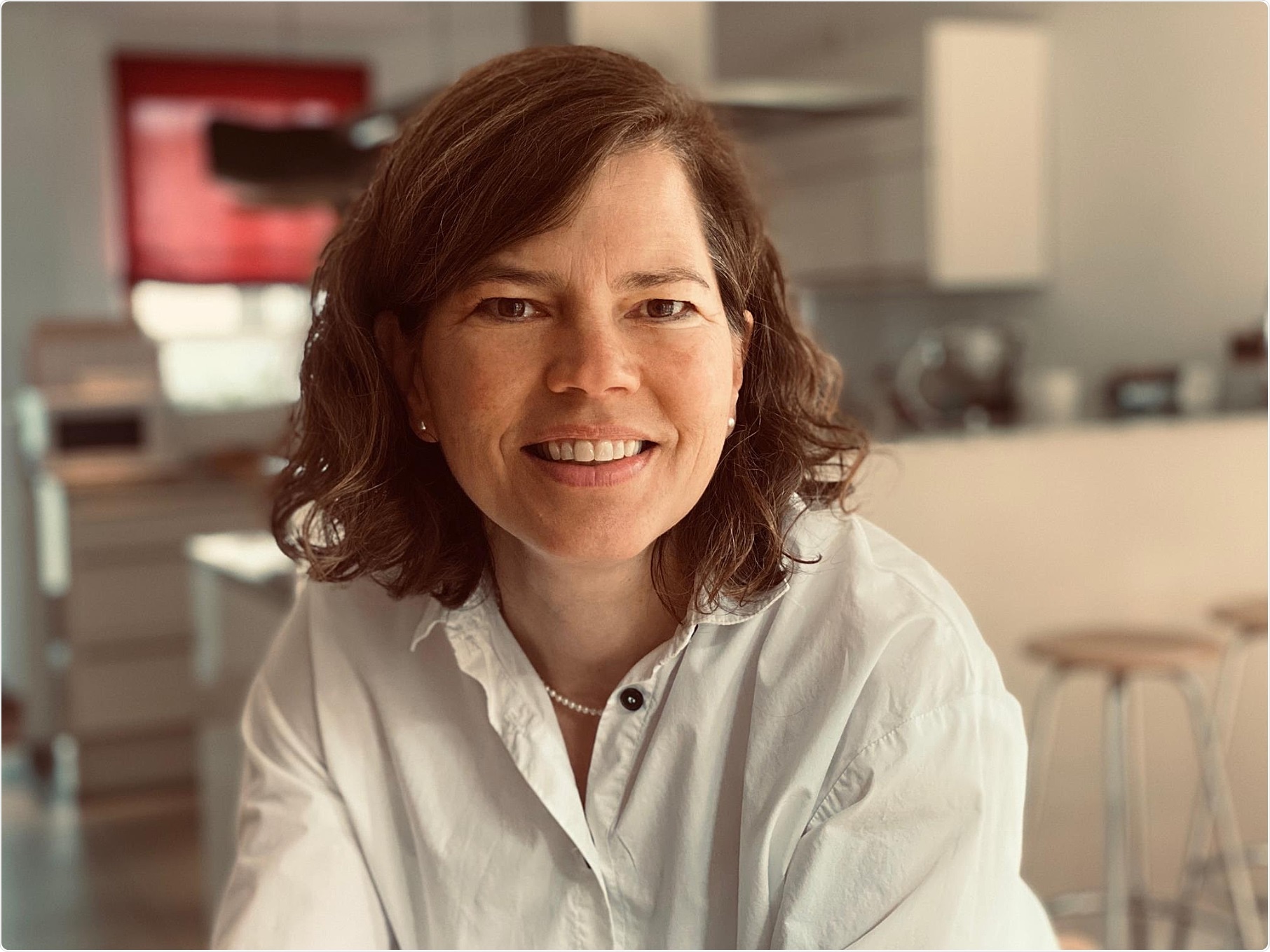An interview with Anke Boerdgen, Head of Product Management and Marketing, KNAUER
Research against coronavirus is ramping up around the world, for both diagnosis and treatment. Please give an overview of the types of research being conducted and the targets of that research.
Research against the disease COVID-19 and SARS-CoV-2 is covered three main areas:
- Improving tests for diagnosis COVID-19 diagnostics, which means better reliability of results, faster results, ease of use and low cost per test.
- The development of safe vaccines as protection against COVID-19. The focus here is on low risk and low cost of immunization, as well as a high protection level and the potential of large-scale production.
- Treatment against the infection targeting virus-specific molecules.

Image credit: NIAID
Are vaccines and therapies designed to attack the virus SARS-CoV-2 or the pathogen COVID-19?
Vaccines are designed to enable the human immune system to fight in case of an infection the virus immediately. Symptomatic therapies against COVID-19 are of general standard in an intensive care situation. Specific therapies have the goal to destroy the virus without harming human health or prohibit virus activity.
RNA viruses such as SARS-CoV-2 have ribonucleic acid (RNA) as their genetic material. Therefore RNA-based therapeutics are an ideal target of research. Purification of RNA with liquid chromatography is an essential method in the fight against SARS-CoV-2.
How is liquid chromatography being used in coronavirus research to isolate proteins and RNA?
Liquid chromatography is used for purification of many different biomolecules. After a chromatographic separation, the fractions containing the target molecules are identified with specific detection. These fractions with the desired molecules are collected and used for next process steps. RNA purification with the help of chromatography is done at higher pressure and temperatures.
Fast Protein Liquid Chromatography (FPLC) is a standard method in research with proteins for many years. With the help of FPLC the structure and activity of the isolated proteins can be investigated. In order to keep the native status of the desired protein, normally purification is done at 4 °C and at low pressure. The physical properties of the proteins determine the chromatographic selection.
What applications are there for isolating the RNA and proteins of the coronavirus be helpful?
The therapeutic potential of mRNA is extensively discussed in times of search for vaccines in the research of COVID-19. The idea is to provide the human body with mRNA, encoding therapeutic proteins, which the immune system uses to fight the virus.1
RNA can be produced and applied much easier compared to the full-length therapeutic proteins it is encoding for. In order to generate pure mRNA to administer, it was found that purification by chromatographic means is highly important.2
The key for RNA chromatography is the HPLC system layout. It is highly important that the chromatography is carried out at elevated temperatures in order to denature the RNA itself and hence simplify its structural diversity and yield a successful purification. Elevated temperature in combination with a binary gradient between acetonitrile and water as done in the reverse phase chromatography method, will effectively separate and also inactivate and unfold RNase.3,4
Research on virus specific proteins focusses for example on structural biology in order to analyze the structure of biomolecules and how alterations in their structures affect their function. Understanding the protein function on the molecular level gives valuable information for drug and vaccine development.
What advantages does KNAUER liquid chromatography equipment hold over other items on the market?
KNAUER liquid chromatography equipment has a modular set-up. The components can be assembled according to the specific process needs of our users. KNAUER belongs to the typical German “Mittelstand”: we have a very deep vertical range of manufacture and are working with regional suppliers. That makes us resilient against a crisis. Above that, we provide services such as factory acceptance test (FAT), site acceptance test (SAT) and material documentation of wetted parts which is a very important request in biopharma. We support and develop together with our customers the user requirement specifications of the system.
Please give an example of where your liquid chromatography equipment is being used in coronavirus research.
KNAUER LC and dosing equipment is used in biopharma for handling and isolation mRNA and protein purification or analysis of samples.
Also, KNAUER designed a specific RNA purifier based on reflecting the general needs for this method.
What does the future hold for KNAUER and infectious disease research?
Research in biopharma is working with biomolecules to fight infectious diseases. The first main step in this research is to purify the target biomolecules which is mostly done with liquid chromatography. Very often industrial research labs need a system that can be integrated into an existing process or have high requirements regarding Good Manufacturing Practice (GMP). KNAUER´s perspective for this application is very promising, since liquid chromatography is a core business and we have the engineering know-how to design systems together with our customers.
Where can readers find more information?
https://www.knauer.net/
- Schlake et al. Molecular Therapy, 2019, 27,4
- Kariko et al. Nucleic Acids Research, 2011, 39 (21) e142
- Gjerde et al. RNA purification and analysis 2009
- Ketterer T. et al. U.S. Patent 8,383,340 B2.
About Anke Boerdgen 
Anke Boerdgen graduated from the University of Cologne with a degree in biochemistry and molecular biology. After several positions as product manager and global project manager for marketing and communication, she joined KNAUER in 2010. As Head of Product Management and Marketing, she is responsible for the complete KNAUER product portfolio and authorized signatory.